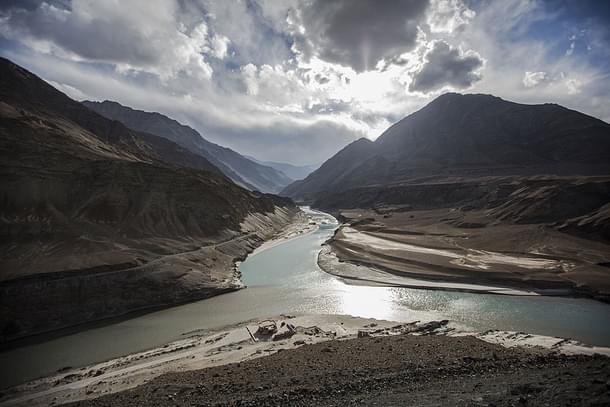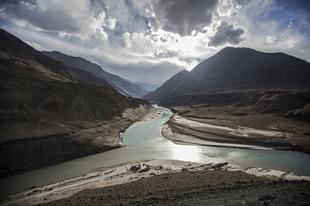Insta
UN Report: Indus Water Treaty ‘Appears Weak’ And Fails To Address Key Issues
Swarajya Staff
Feb 03, 2017, 11:19 AM | Updated 11:19 AM IST
Save & read from anywhere!
Bookmark stories for easy access on any device or the Swarajya app.


The United Nations has said in its latest report that the survival of the Indus Waters Treaty “appears weak ”, adding that the decreasing water level in the river basin has strained relations between the two nations. According to the report, this treaty fails to address various issues related to the division of water in dry years and the impact of storages on the flow of water.
“A clear ambiguity in the treaty occurs in its permission to be interpreted differently, thereby creating conflicts between Pakistan and India. The treaty also fails to clearly address India's share of shortages in relation to storage dams on the western rivers, an issue of major concern," the report says.
On Pakistan’s claim that the treaty prohibits India from building storages on western rivers, the report says: “The treaty permitted India to create storage on the western rivers of 1.25, 1.60 and 0.75 million acre feet (MAF) for general, power and flood storages, respectively, amounting to a total permissible storage of 3.6 MAF”.
The report says issues such as “climate change, shrinking glaciers and changing precipitation” have affected the flow of water and need to be addressed with urgency. "During floods, for example, majority of the water runs into the rivers of Indus-Pakistan which leaves the province of Sindh flooded. Such negative setbacks on the economy will eventually have dire consequences if not addressed," the report warned.
According to this report, the flow of water in Chenab river has continued to decline since 1958-59. Findings in the report indicated that the treaty should be renegotiated, or at least revamped, to reflect the reality on the ground. The Indian side has also suggested, on various occasions, to revisit the treaty signed in 1960.




